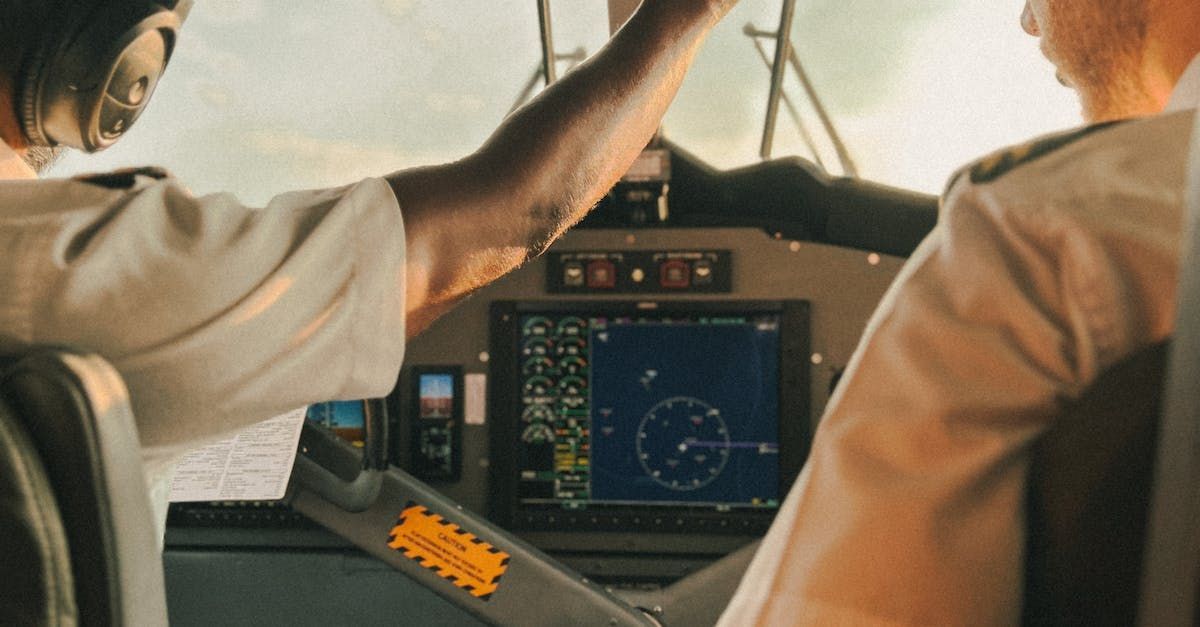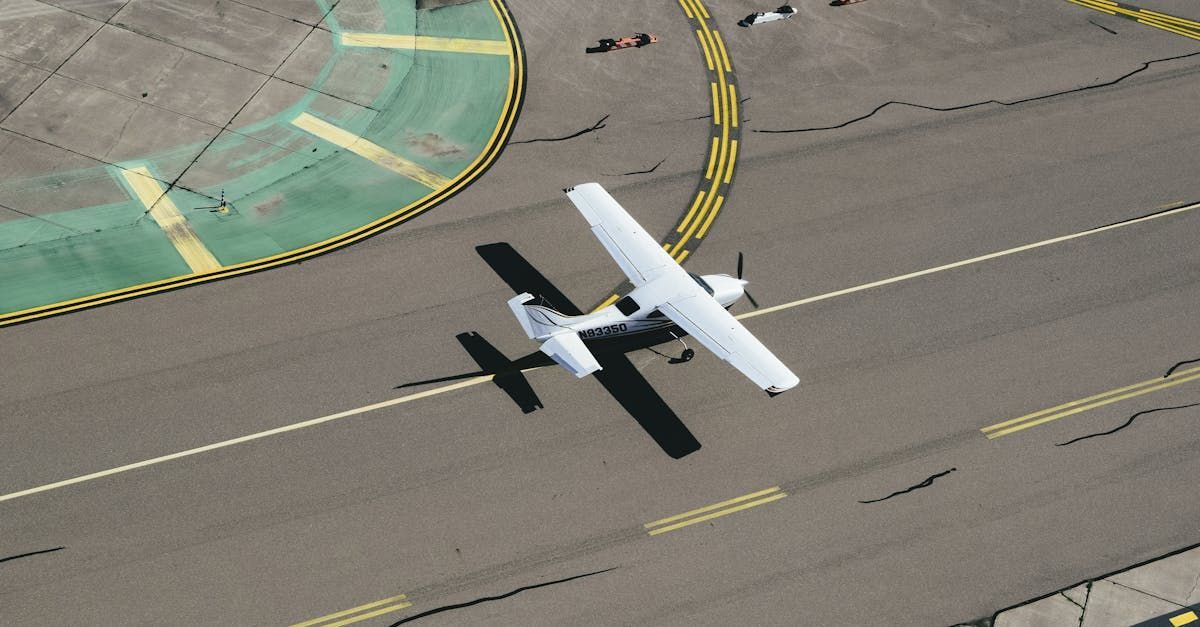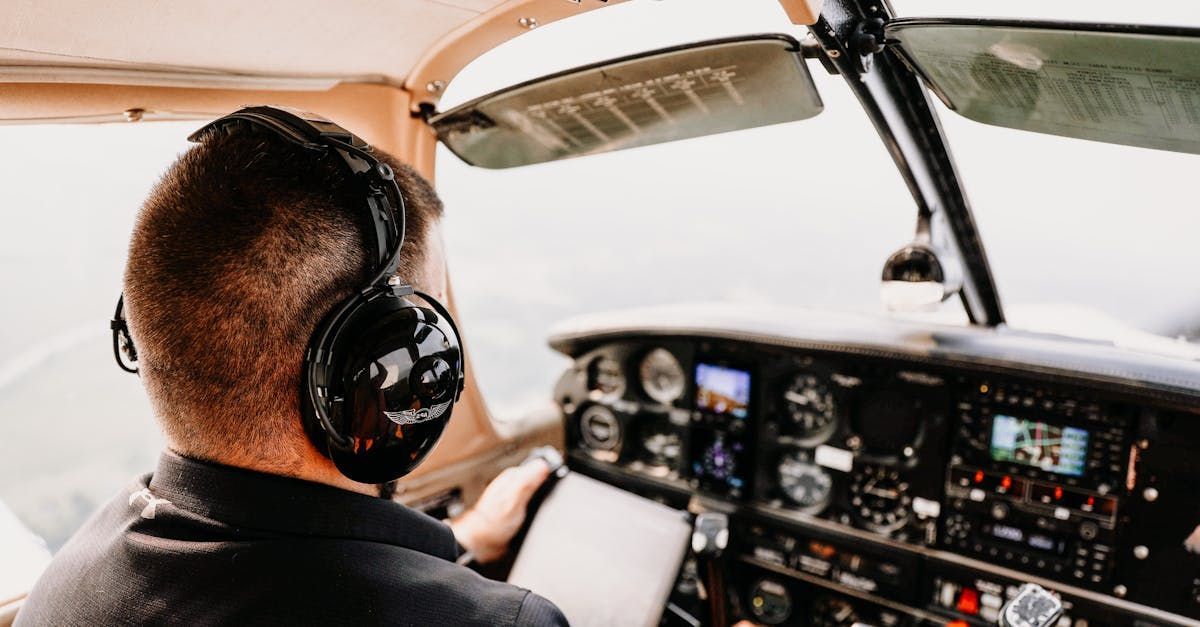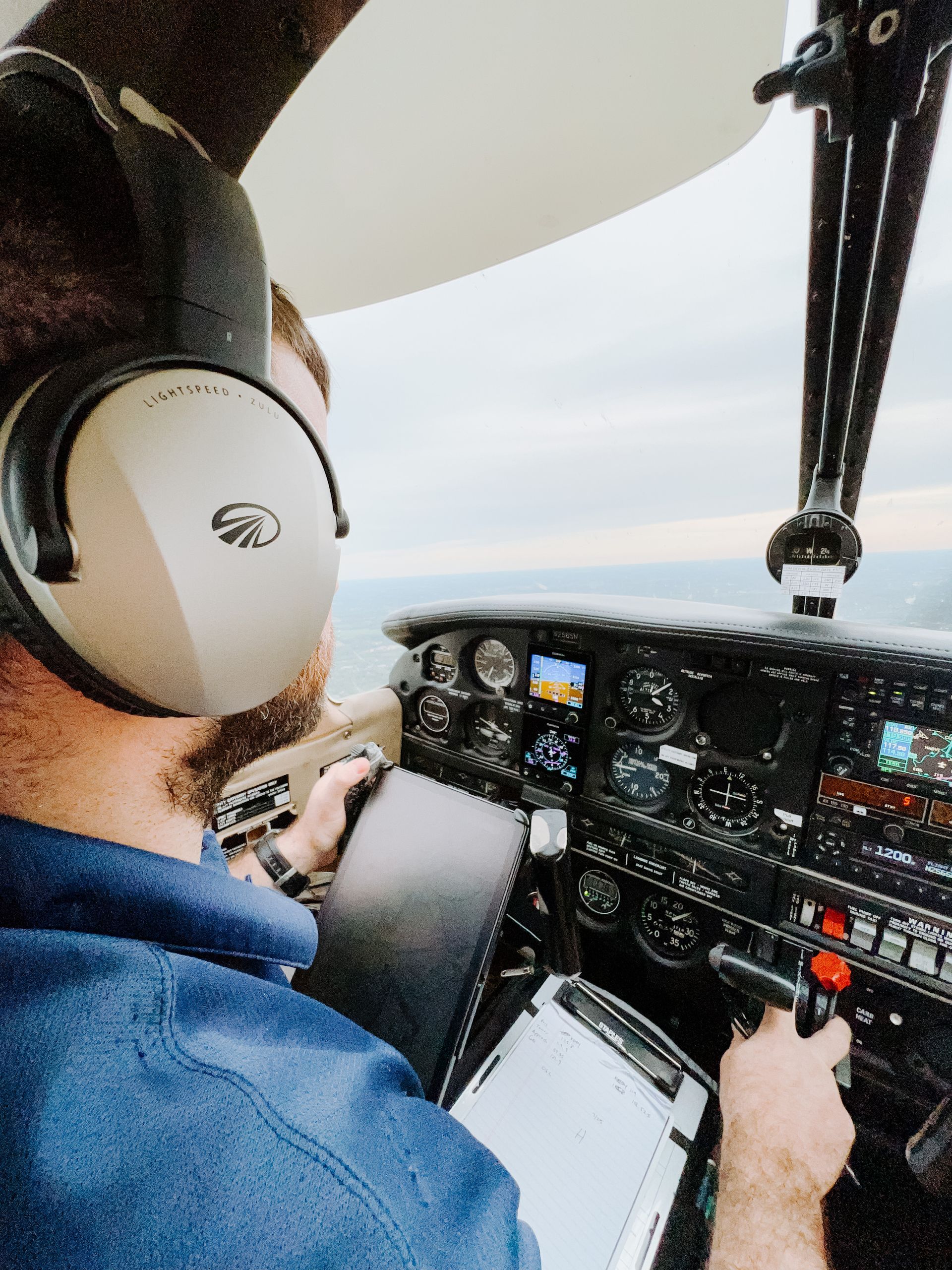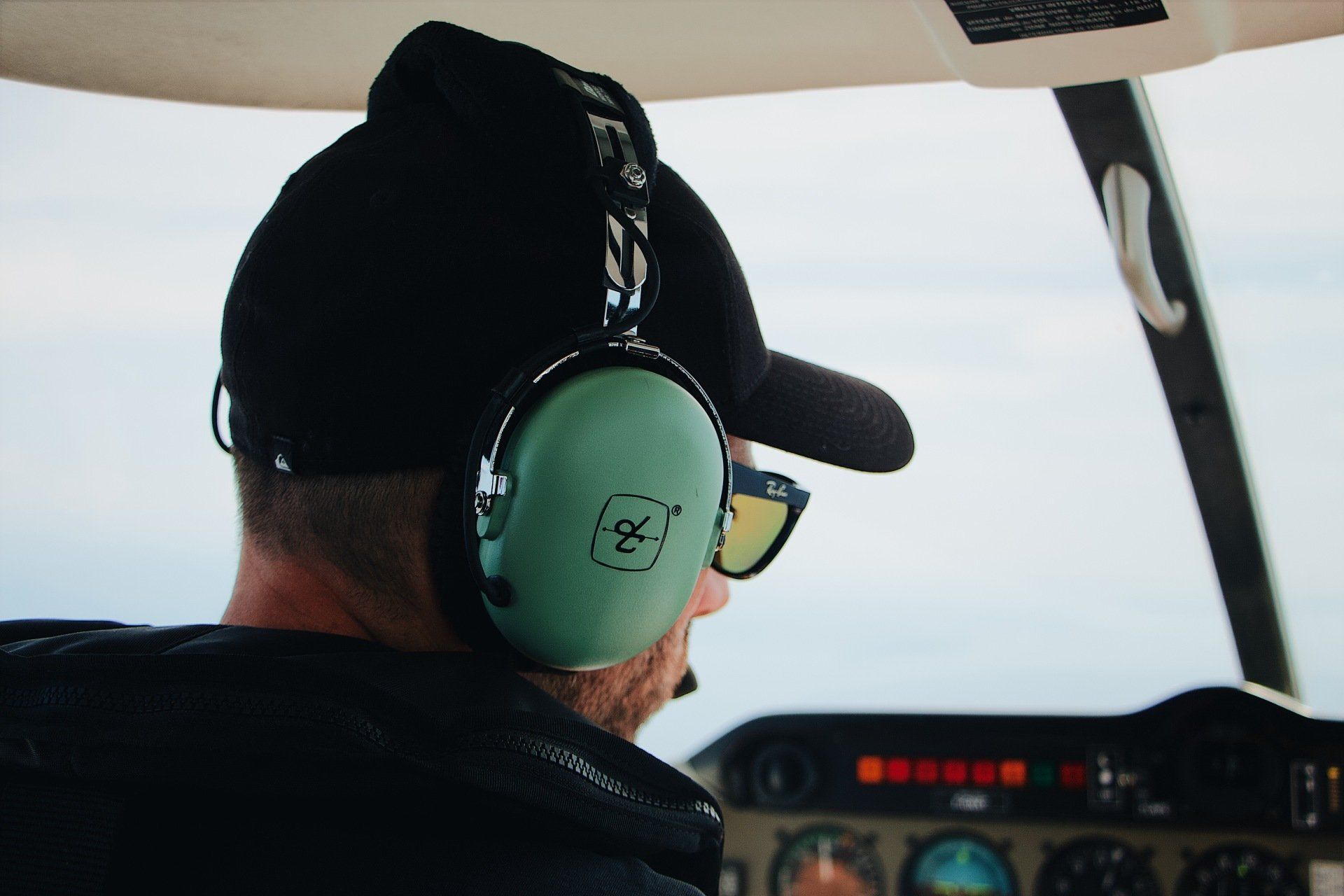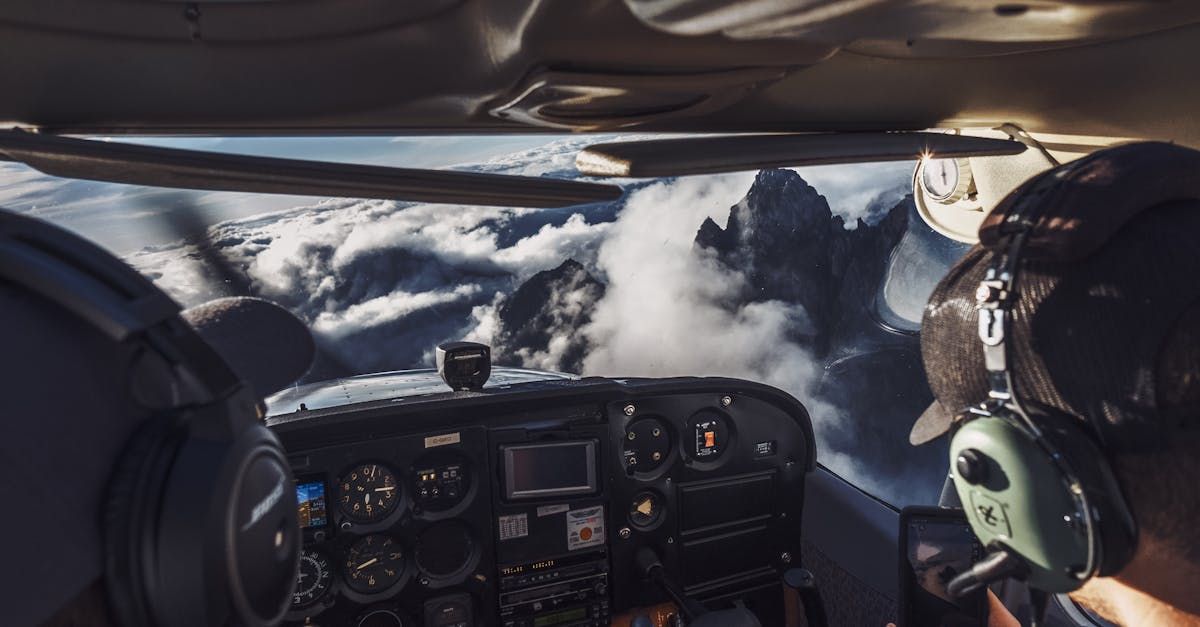A Student Pilot's Guide to Preparing for Flight Theory Exams
Prior preparation prevents poor performance.
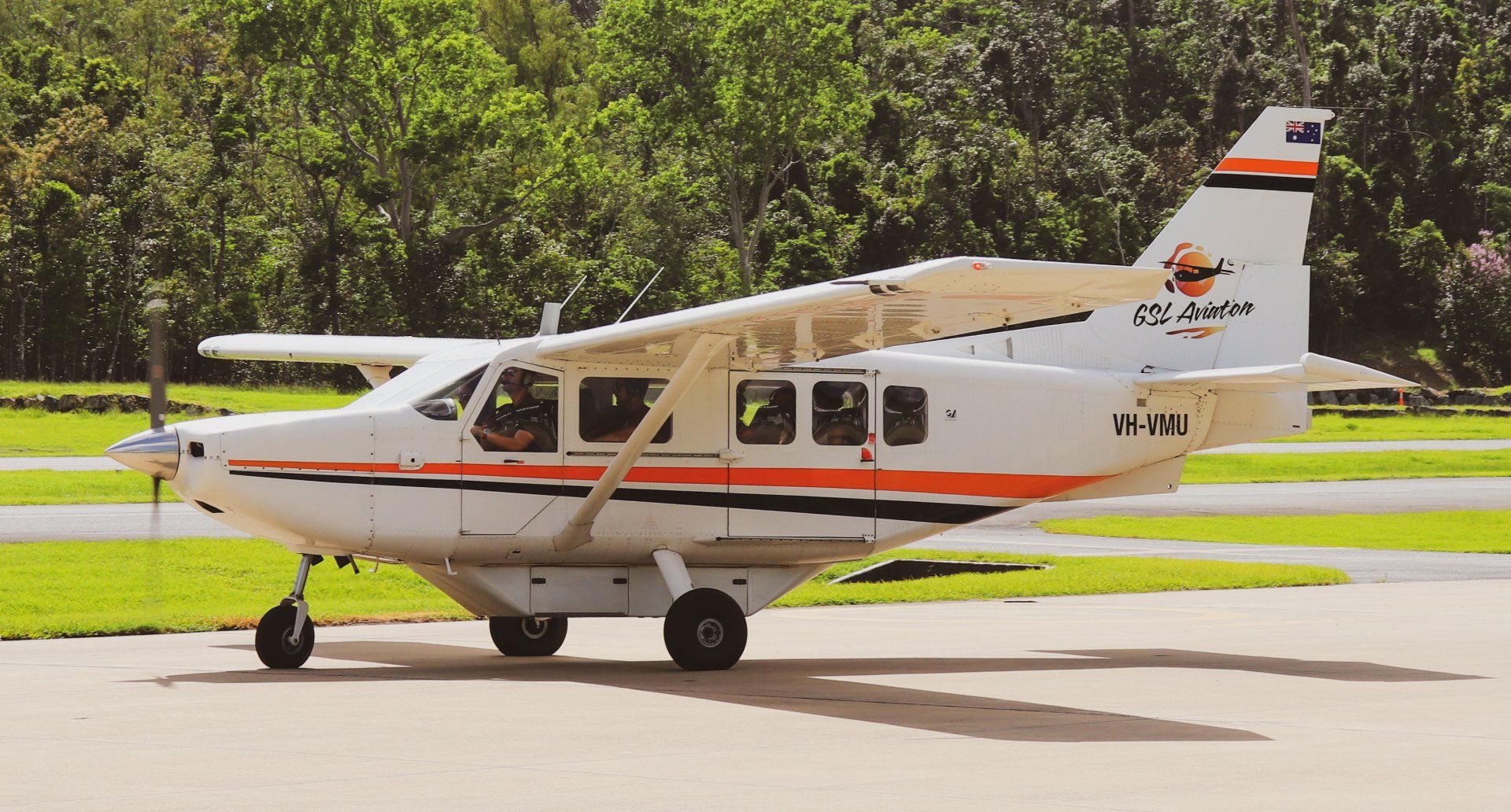
As a student pilot, you're not only learning how to handle an aircraft but also immersing yourself in the intricate details of flight theory. The wealth of information can seem overwhelming, but with the right strategies, you can navigate your studies and prepare for flight theory exams with confidence. Here are my top tips for acing those tests:
Create a Study Plan
This is foundational. Breaking down your syllabus into manageable chunks creates a less daunting path through the extensive material. Allocate specific topics to study sessions and adhere to this schedule. Be sure to factor in revision periods and practice exams as the test date approaches.
Understand, Don't Memorise
While rote memorisation might help in the short term, understanding the material ensures long-term retention and the ability to apply knowledge in real-world flying scenarios. Take the time to grasp concepts thoroughly, asking your instructors for clarifications when needed.
Incorporate Varied Learning Resources
Different formats can reinforce your learning. Use textbooks, online courses, videos, and flight simulation software. Discussing topics with fellow student pilots or joining study groups can give you new perspectives and create a support system for the journey.
Practice with Past Exam Papers
Previous exam papers are goldmines of insight into the structure and types of questions you can expect. Regular practice will also help to identify areas that need more attention, making your study sessions more targeted and effective.
Master Time Management
The ability to manage time well during an exam is as critical as knowing the material. While practicing with past papers, simulate the time constraints of the actual exam to build your ability to answer questions efficiently without compromising accuracy.
Teach to Learn
Explaining concepts to peers or even just out loud can deepen your understanding and uncover any gaps in your knowledge. It's a strategy often overlooked, but incredibly effective for reinforcing what you've learned.
Take Care of Yourself
Good study habits are essential, but so is taking care of your well-being. Ensure you get enough sleep, eat well, exercise, and take breaks during your study sessions. A well-rested mind absorbs and retains information better than one running on empty.
Regular Review
Frequent review of material, even topics you are comfortable with, helps to maintain a strong grasp over the whole syllabus. The closer you get to the exam, the more you can focus on revising tricky areas and solidifying your knowledge base.
It's important to remember that every student pilot has gone through the challenge of flight theory exams. With dedication, a well-thought-out study strategy, and an eye on personal wellness, you'll be well on your way to passing those tests and advancing toward your goal of becoming a confident, knowledgeable pilot. The sky's the limit, so buckle up and get ready to soar academically before you take to the skies.
